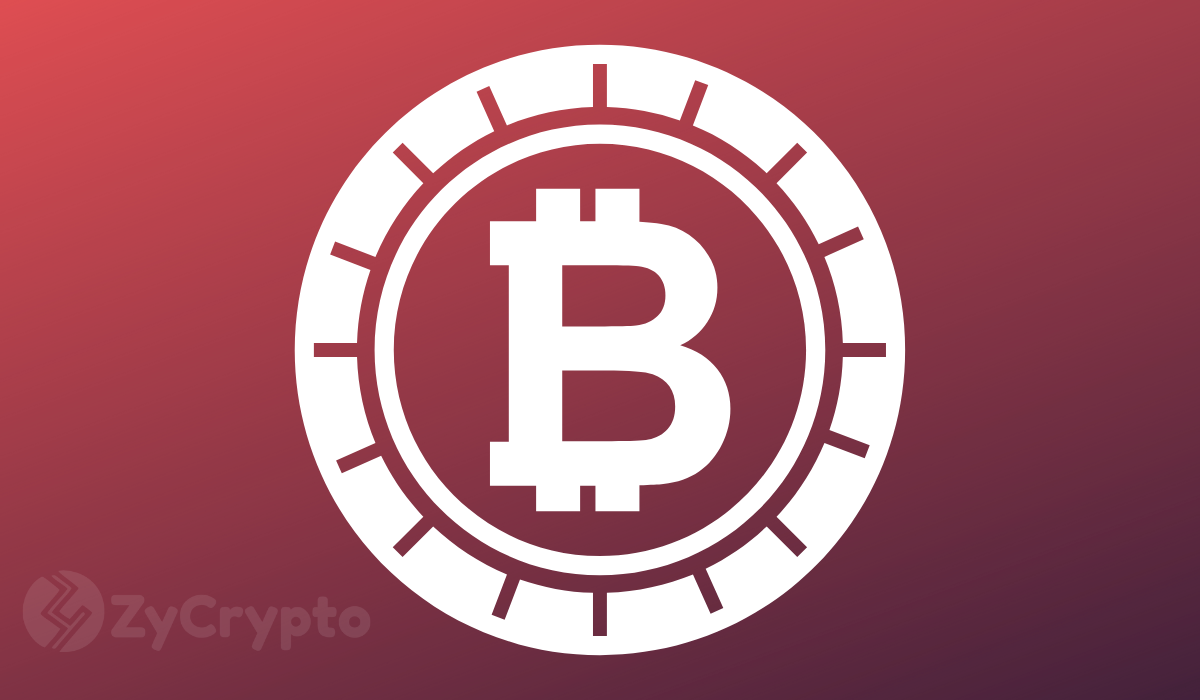The popularity of Bitcoin cannot be argued. Nearly every person with access to the internet has heard about it at least once in their life. However, the fact that its popularity is quite vague. Looking at the community, its made up of people from all kinds of backgrounds, nationalities, and religions, therefore it becomes harder and harder to determine who’s the biggest fan. This has been a large question for Crypto and financial companies alike, as everyone wants an already hyped up market once they enter it. Fortunately for these companies, determining the popularity is just 1 google search away.
The African Market
Little research is needed to determine the popularity of Bitcoin. Since Google Trends gives us the overall volume for searches of different keywords, it’s safe to determine one nation’s curiosity for the assets.
If we take a look at the “Bitcoin” query in Google Trends we immediately see 3 countries distinguish themselves. Nigeria in the first place followed up by South Africa and Ghana. Probably very few crypto companies have considered these markets as they preferred to target Asian or Western markets.
However, they need to hurry up as other financial companies are already acting upon the trends. Crypto trading is already available with multiple Forex and CFD brokerages, even Binary brokers are utilizing the trend, which already spells trouble for crypto companies in terms of competition.
Why is Bitcoin so popular in Africa?
Despite the large African market it is still very hard to believe that cryptocurrencies would be so popular there, so what are the reasons? Could those reasons be seen in other countries? How did all the hype start and is still in motion to this day?
Alternative income
Cryptocurrencies quickly became a source of income for multiple African citizens. The luckiest of them managed to get in on it during the 2017 Autumn hype and got away with tens or even hundreds of thousands as profit. Naturally, this sparked the interest of other Africans, seeing their peers suddenly become rich, seemingly out of nowhere. Hence, we have such a large search rate.
Careers & Unemployment
The unemployment rate is African countries is below the global average, that much cannot be debated. And even if newly graduated students find a job, it is very rarely secure and doesn’t pay enough. Most of the employed population in Africa has a dependant, sometimes numbering half a dozen. So it’s easy to understand that just a full-time job is not enough to provide them enough. Therefore, young people tend to ignore jobs as a whole and pursue careers in cryptocurrency trading, analysis and various other professions connected to the Blockchain. Thanks to the relative ease of networking in small African countries, the trend spreads at a rapid pace, leading to more searches and more crypto capital for the population. South Africa, in fact, has been named as #1 globally, in terms of crypto possession.
Inflation
Inflation is also another factor for cryptocurrency popularity. A primary example of this is Venezuela, where using fiat currencies is redundant at this point. Therefore immigrants tend to send funds through Dash or other cryptocurrencies to their families still remaining in Venezuela. This can also be seen with various African countries who have suffered terrible inflation over the years, countries like Zimbabwe, or even South Africa. People tend to find it easier, faster and cheaper to transfer cryptos, compared to strong currencies such as the dollar or the euro.
Is anyone acting upon the trend?
There aren’t too many crypto companies or exchanges currently based in any African country, but the trends don’t lie, the market is there, the only thing remaining is to go grab it. Most companies would find it easier to tap into the South African market first as it is in the process of developing a crypto regulation, which will most likely be extremely light. Bringing Africa into the fold of crypto trading or even crypto mining will do nothing but benefit the market as a whole. The appearance of a couple of million crypto holders is sure to push the demand and maybe even introduce a new bull market. I
However, even if this is a great opportunity, most crypto companies lack the capital to either relocate or open separate branches in Africa. Skilled labor is also quite scarce in the region, and the only way to acquire it is to compete with other high-paying industries in terms of salaries. In the worst case, an aspiring African crypto company would have to a) import skilled labor from Asia or the West or b) Go for freelancers, which is guaranteed to slow down the implementation process.
Overall, the state of African countries is not on the crypto companies’ side, therefore a high amount of risk is involved. Is the potential worth the risk? That remains to be seen.







